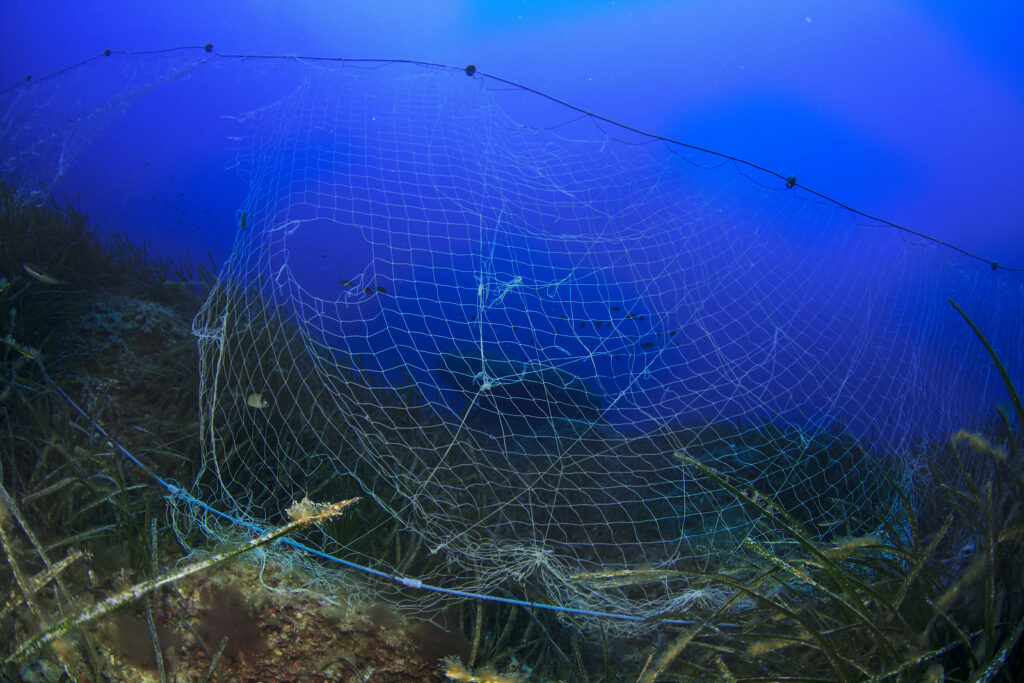Guardians of the Deep: Circular Renaissance with 100% Recycled Nylon from Marine Nets
The Transformative Journey of Ocean Plastic
Every year, 640,000 tons of discarded fishing nets threaten marine life. As global sustainability demands grow, recycled nylon from marine waste is emerging as a game-changer for fashion and materials innovation.
The Crisis: Marine Plastic’s Devastating Impact
UN reports reveal that 10% of ocean plastic comes from fishing nets. These “ghost nets” degrade ecosystems and enter food chains, endangering human health. Traditional disposal methods fall short—urgent solutions are critical.
The Solution: Closed-Loop Recycling Innovation
- Resource Revival
Physical recycling transforms nets into high-performance nylon, closing the loop: Ocean Plastic → Industrial Material → New Products. Each ton of recycled nylon cuts CO₂ by 6 tons (equivalent to planting 300 trees). - Dual Benefits
Combats pollution while reducing oil dependency in nylon production. Brands like H&M and Patagonia now feature ocean-recycled fibers. - Policy Momentum
The EU’s Circular Economy Action Plan mandates 70% packaging recycling by 2030, while the U.S. prioritizes fisheries waste reuse.
Industry Ripple Effects
- Fishery Upgrades: Fishers gain income via net recycling, creating sustainable “catch-recycle-reuse” models.
- Global Standards: OEKO-TEX now certifies ocean-plastic fibers, driving industry transparency.
- Consumer Shift: 67% of Gen Z consumers are willing to pay a 30% premium for ocean-friendly materials.
Future Pathways
By 2030, the recycled nylon market is projected to reach $9B (Grand View Research). Priorities include:
- Scaling global net recovery networks
- Standardizing pre-treatment processes
- Scaling “plastic bank” models
Conclusion: Fibers as Ocean Allies
From deep seas to landfills, recycled nylon redefines material value. Regenerated fibers not only revive marine ecosystems but also redefine humanity’s relationship with nature. This blue-driven revolution promises a sustainable legacy.



